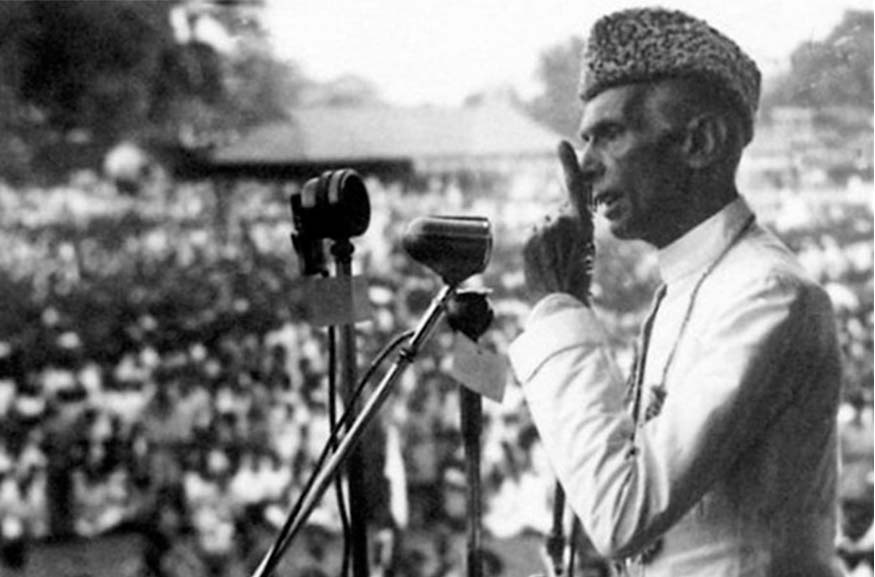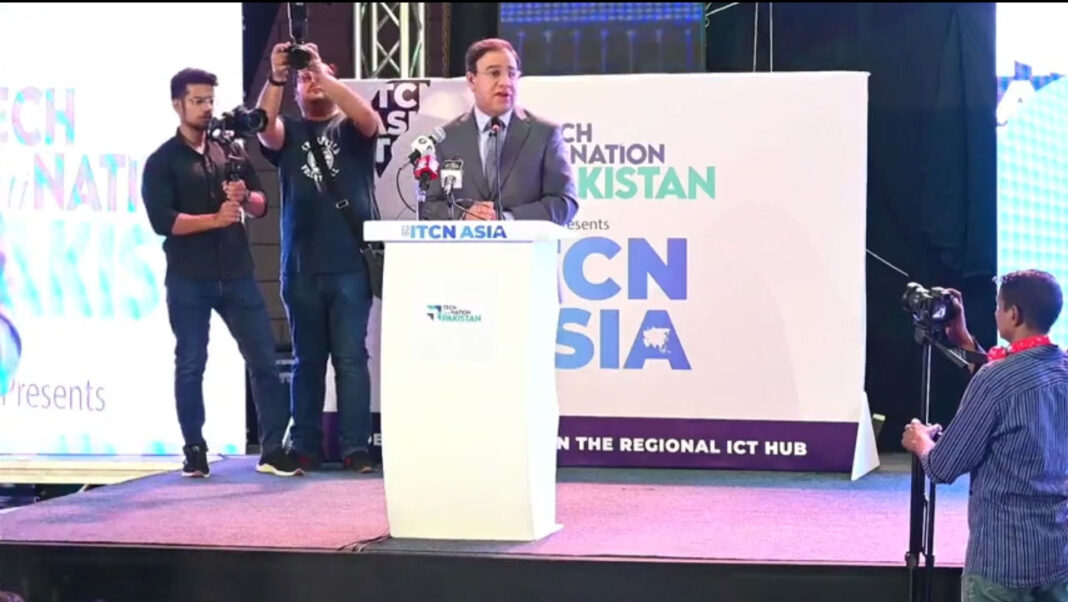By: Muhammad Usman
You are free to go to your temples. You are free to go to your mosques or to any other place of worship in this State of Pakistan. You may belong to any religion, caste or creed- that has nothing to do with the business of the State.
Muhammad Ali Jinnah

These words of M.A. Jinnah are written on the dusty pages of the history of Pakistan, hypothesized while addressing the Constituent Assembly on 11th August 1947. These very words emphasized Quaid’s vision of Pakistan and the indelible sacrifices that minorities had made in the way of acquiring a separate homeland for the impoverished minorities of the subcontinent.
However, this vision of Quaid about a pluralist democracy with the majority of Muslims eroded away with the passage of unwavering time; forthcoming leaders after the death of Jinnah made shortsighted policies, which plunged the country into religious discrimination, communal riots hinged on religion, language, color, and creed.
Evidently, Pakistan is home to many religious minorities such as Christians, Hindus, Sikhs, Parsis, the Kalasha community in Chitral, and minority sects of Muslims like Shia, Ahmadis, and the majority Sunnis. These mistreated minorities have made unwavering sacrifices in acquiring independence from the British Raj and the Hindu majority. After independence, when Muslim refugees were coming to the newly formed Republic, the Christian Community came forward to help. The Christian Community of India felt closer to the Muslim League than Congress; Christians are the people of the Book, so a religious affinity has always existed among them.
Firstly, let’s recall the unprecedented sacrifices made by minorities, such as the Christian Community, along with other minority representatives who stood strong-headed with their courageous leader, Jinnah, throughout the arduous journey of independence. On 3rd February 1948, Quaid, in response to the Parsi Community’s spasnama, assured that Pakistan is the fulfillment of the dream of a nation which found itself a minority in the subcontinent. Therefore, Pakistan cannot forget the minorities living within its borders. He told Christian Parliamentarians on 20th November 1942, ‘If you help the Muslim League to make Pakistan, we will not forget you. After Pakistan comes into existence, Muslims will never forget your contributions. The Christian minority will be a sacred trust for us, and the protection of their lives and properties will be our duty.’
Subsequently, appearing before the Boundary Commission on behalf of the Joint Christian Board, Mr. S P Singha, who was the Speaker of the Punjab Assembly, emphasized Christians’ feelings of affinity and solidarity with the Muslims. He said, ‘Our people have been living with Muslims for a long time; they trust Muslims, they dress like Muslims… with Muslims, they have religious affinity.’
On 11th October 1947, speaking to the Armed Forces, Jinnah said that one question which had been going through his head was the treatment of minorities. He said he would repeat it again and again, ‘We will treat minorities with justice.’
After the creation of Pakistan, minorities contributed to making the country strong and powerful, as Christians have played a prominent role in the Armed Forces. The Pakistan Army has a list of 52 officers and soldiers who have laid down their lives to protect the honor of the motherland. Recently, members of the Hindu Community have started to join the Pakistan Army; the Pakistan Army has appointed the first-ever Hindu Officer, Dr. Kalesh Garvada, as a Major in the Ministry of Defense.
In the field of education, minorities have done a splendid job as they have built institutions that have enlightened thousands of students who later became presidents, army chiefs, and many ministers. These institutions include FC College Lahore, Murray College Sialkot, Gordon College Rawalpindi, and Edwardes College in Peshawar. The Missionary Schools were famous for their high standards of education; many ministers started learning their alphabets in those schools.
Additionally, in the arena of medicine, there was a time in the turbulent history when Christian women monopolized the profession of nursing and helped the medical profession to stand on its feet in the newly independent republic.
One name that ultimately comes to mind is Dr. Ruth Pfau, a German Pakistani nun who dedicated her life to eradicating leprosy in Pakistan. She is described as Pakistan’s Mother Teresa; her struggle led to Pakistan being declared a leprosy-free country in 1996. She has been awarded many distinguished awards by Pakistan’s Government and is remembered in golden words.
Despite all the unprecedented contributions, Muslims, in return, subjected them to discrimination, the status of second-class citizens, social marginalization, forced marriages, vandalism of their belongings, based on personal vendettas, and vicious poverty. This process of discrimination started in 1949 when an attempt was made to declare minorities second-class citizens under the banner of Liaquat Ali Khan in the Objective Resolution. Suresh Chandra Chattopadhyaya opposed this resolution in the parliament. Meanwhile, Muslims were given a free hand, which left minorities handicapped.
Also, the 1953 riots against Ahmadis erupted, which left the newly formed country on the brink of extremism; 2000 Ahmadis were slaughtered until Martial Law was imposed in Lahore. The words of M.A. Jinnah were forgotten long ago after his demise. Subsequent leaders left no stone unturned to curb the minorities and their social status. In the eras of Z.A. Bhutto and Gen. Zia, Ahmadis were literally declared non-Muslims. In the turbulent history of Pakistan, politicians used Islam and Islamic laws as tools to mainstream their politics, which, in result, has left the country in religious extremism, terrorism, misused blasphemy laws, and turmoil that have eroded the social fabric of societies. The Asia Bibi case, which led to the murder of Salman Taseer in 2010, the murder of Sri Lankan Priyantha Kumar on December 3, 2021, and the recent Jaranwala incident have brought disrepute to the country on an international level.
In summary, throughout the dusty pages of history in Pakistan, minorities have remained disenfranchised in society, deprived of fundamental constitutional rights, irrespective of their unprecedented contributions towards Pakistan. We have forgotten the words of M.A. Jinnah and chosen a different path for the nation instead of pluralist democracy, embarking on the way of politics based on personal scores and ignoring the nation wholeheartedly. If we continue to do so, we will be left behind compared to fast-growing economies, and if we continue to undo the rights of our minorities based on religion as well as personal vendettas, our forthcoming generations will end up solving these issues. As Bhagat Singh said, “Agar ye khita mazhab ke naam par taqseem hua to nafrat ki iss aag ko bhujate bhujate aanay wali naslon ki kamar toot jaegi.” (If this land is divided in the name of faith, a tidal wave of hate so enormous will erupt that generations will be engulfed by it.) — Bhagat Singh
The writer is a student of Sociology. He can be reached at [email protected]



